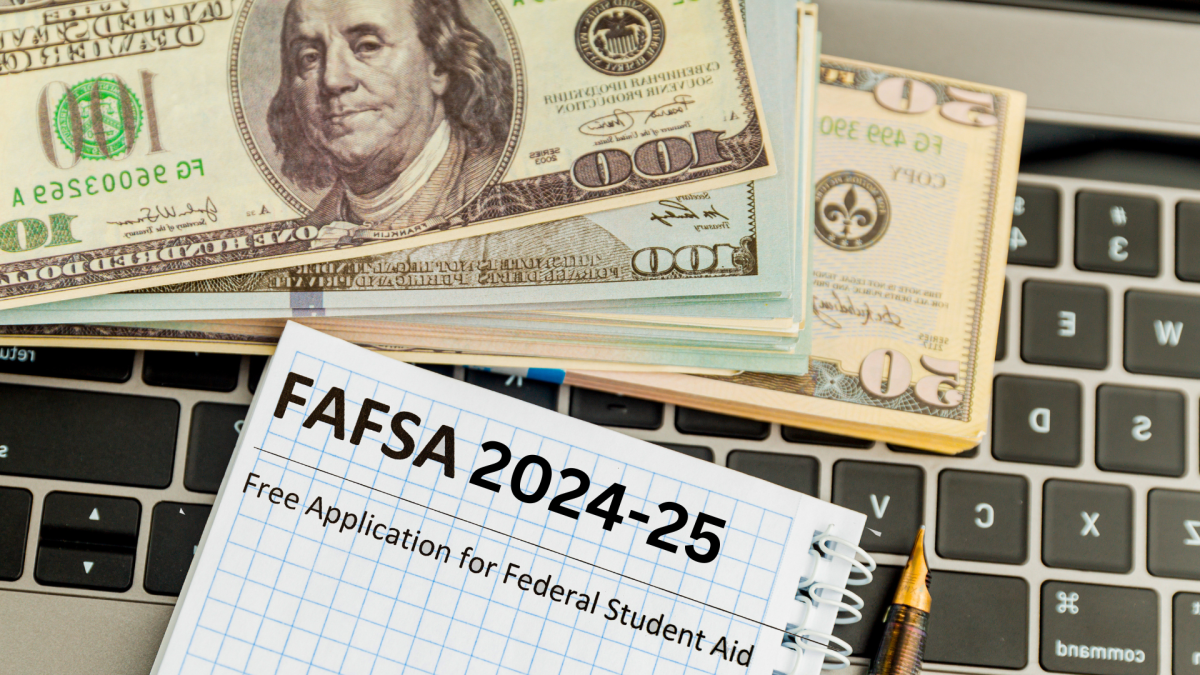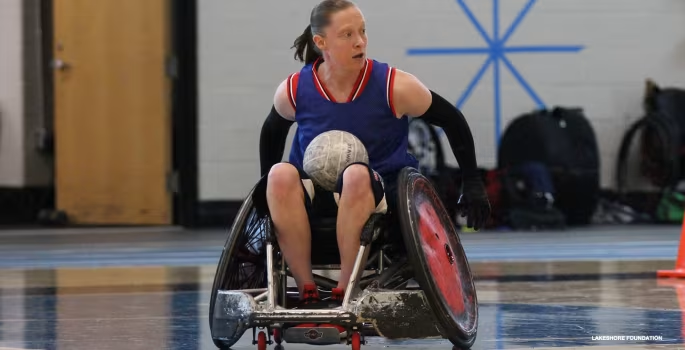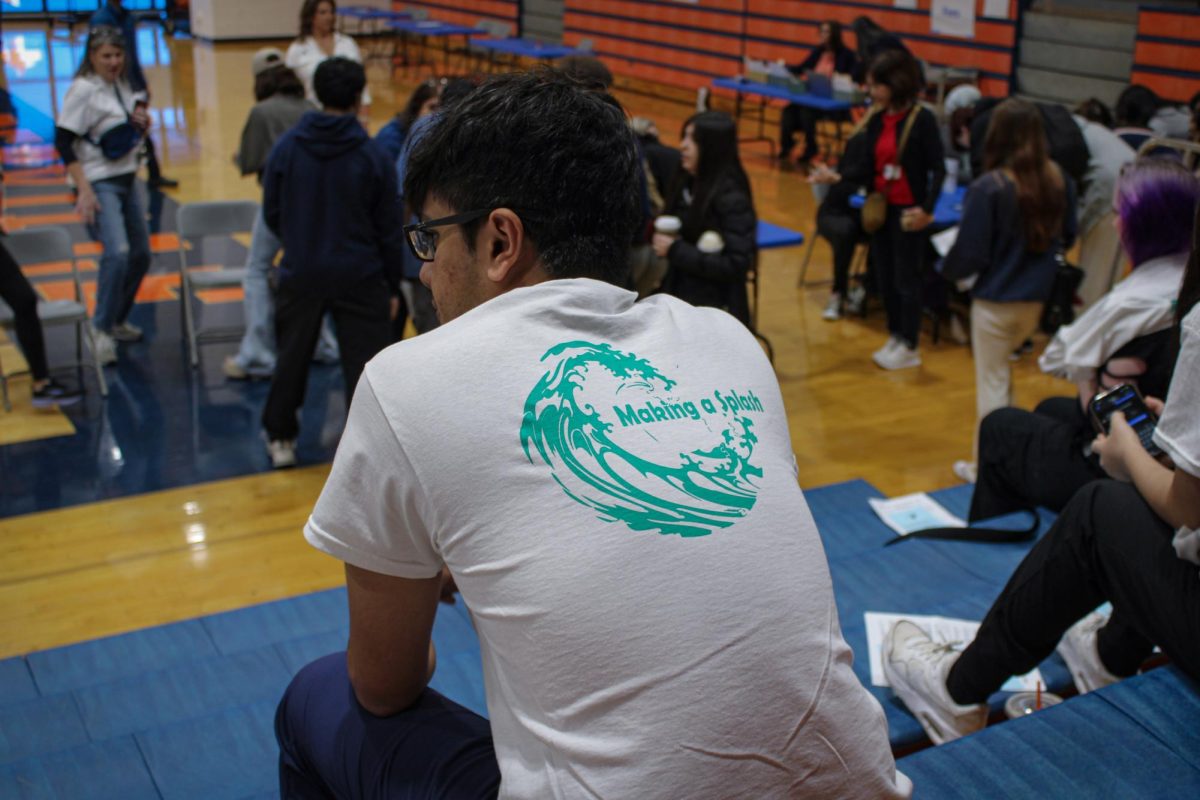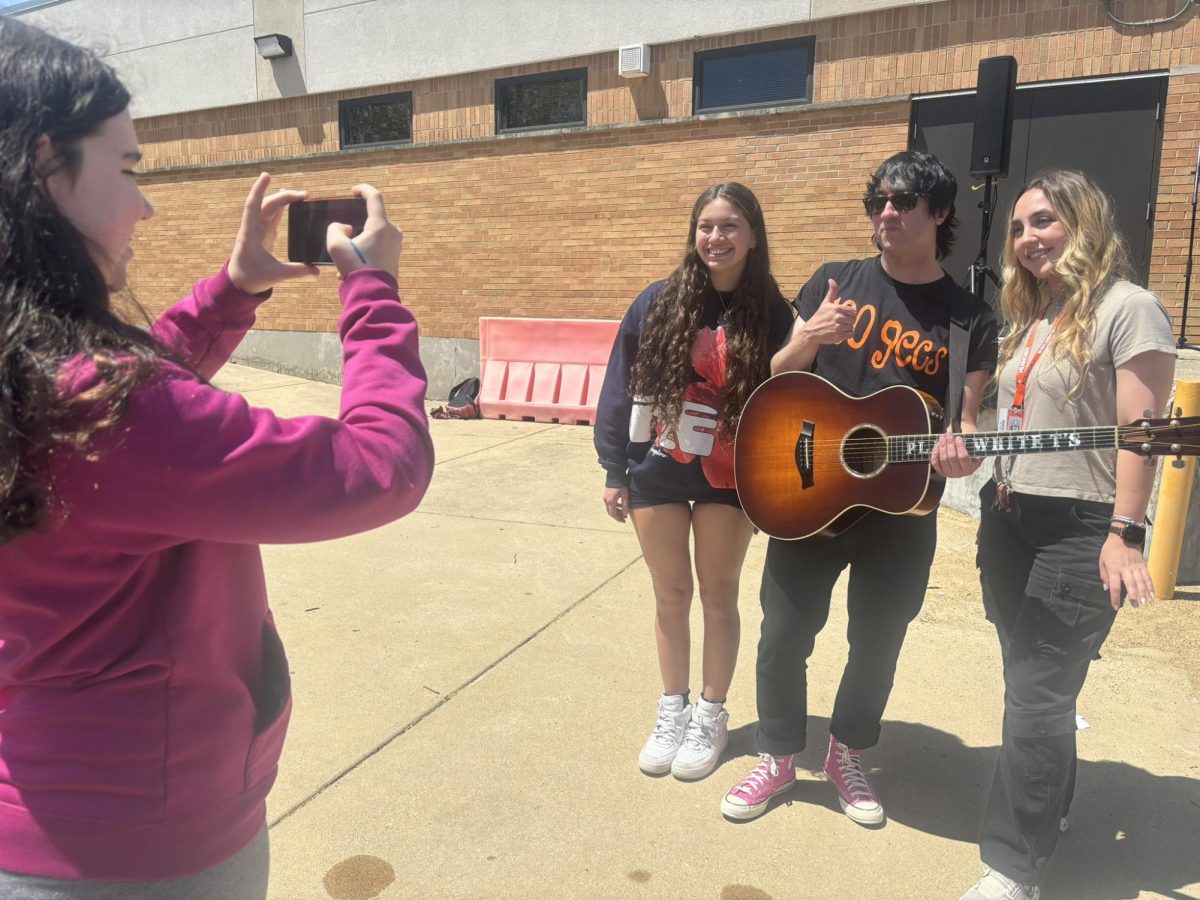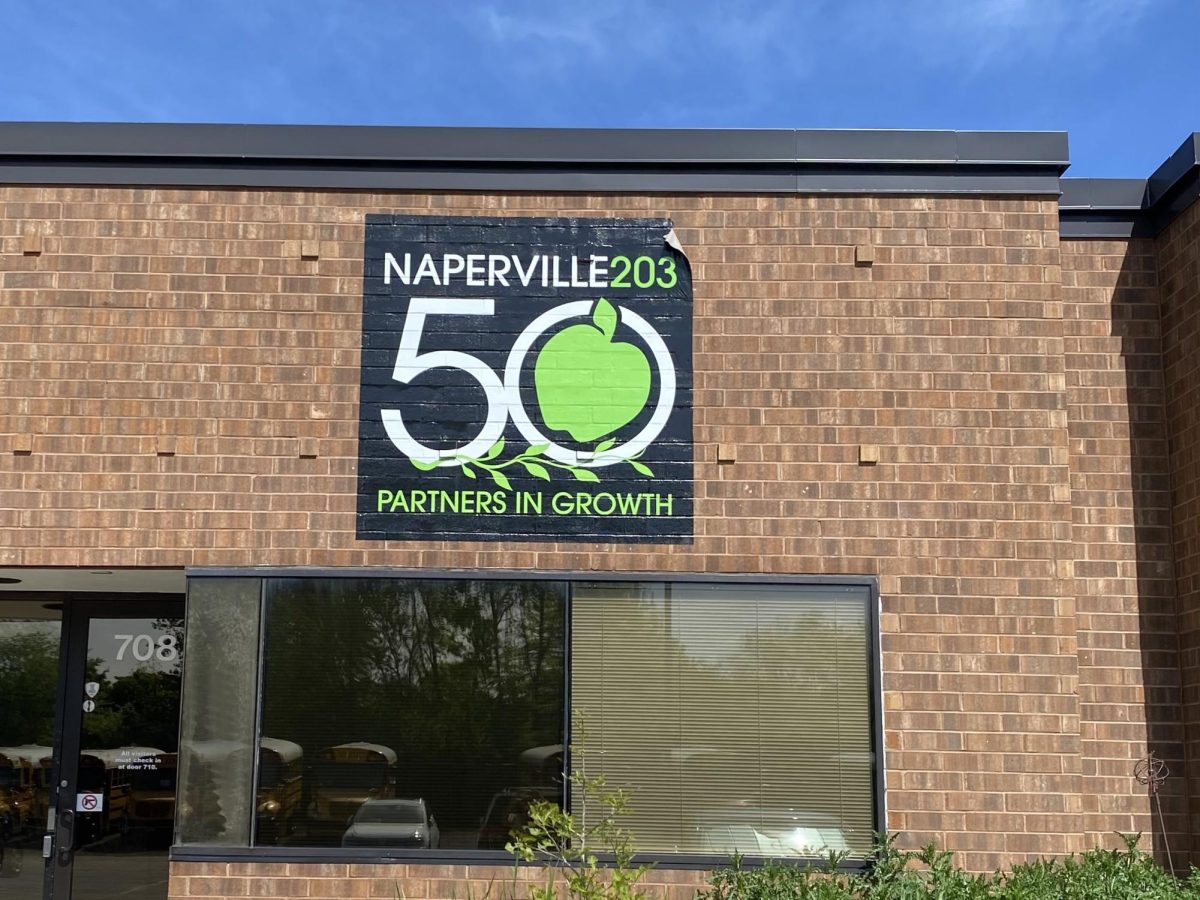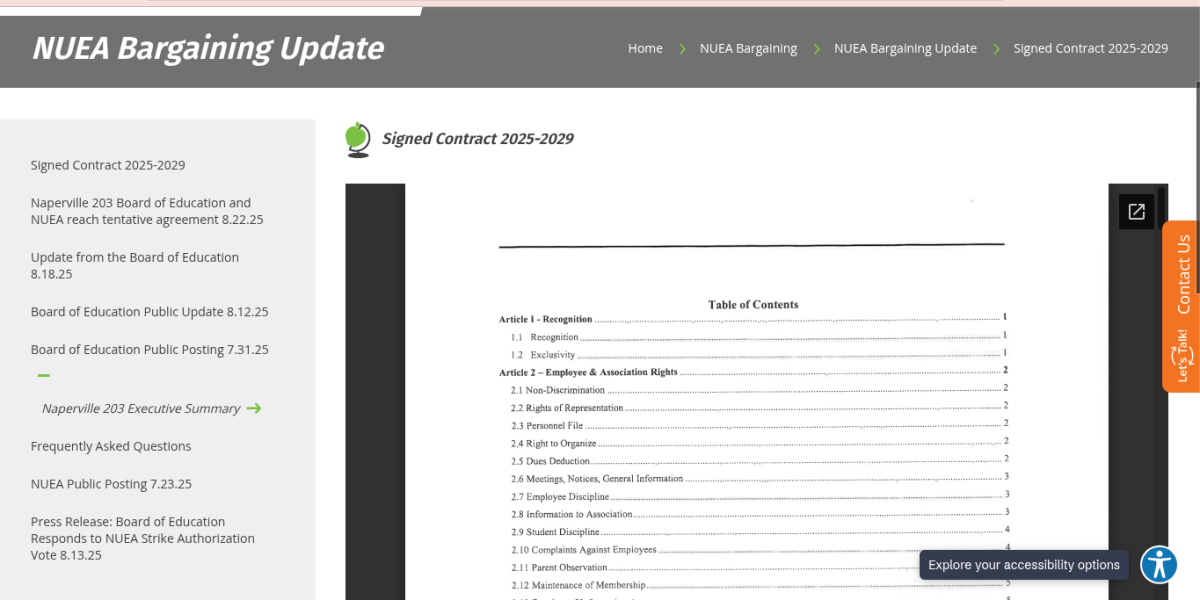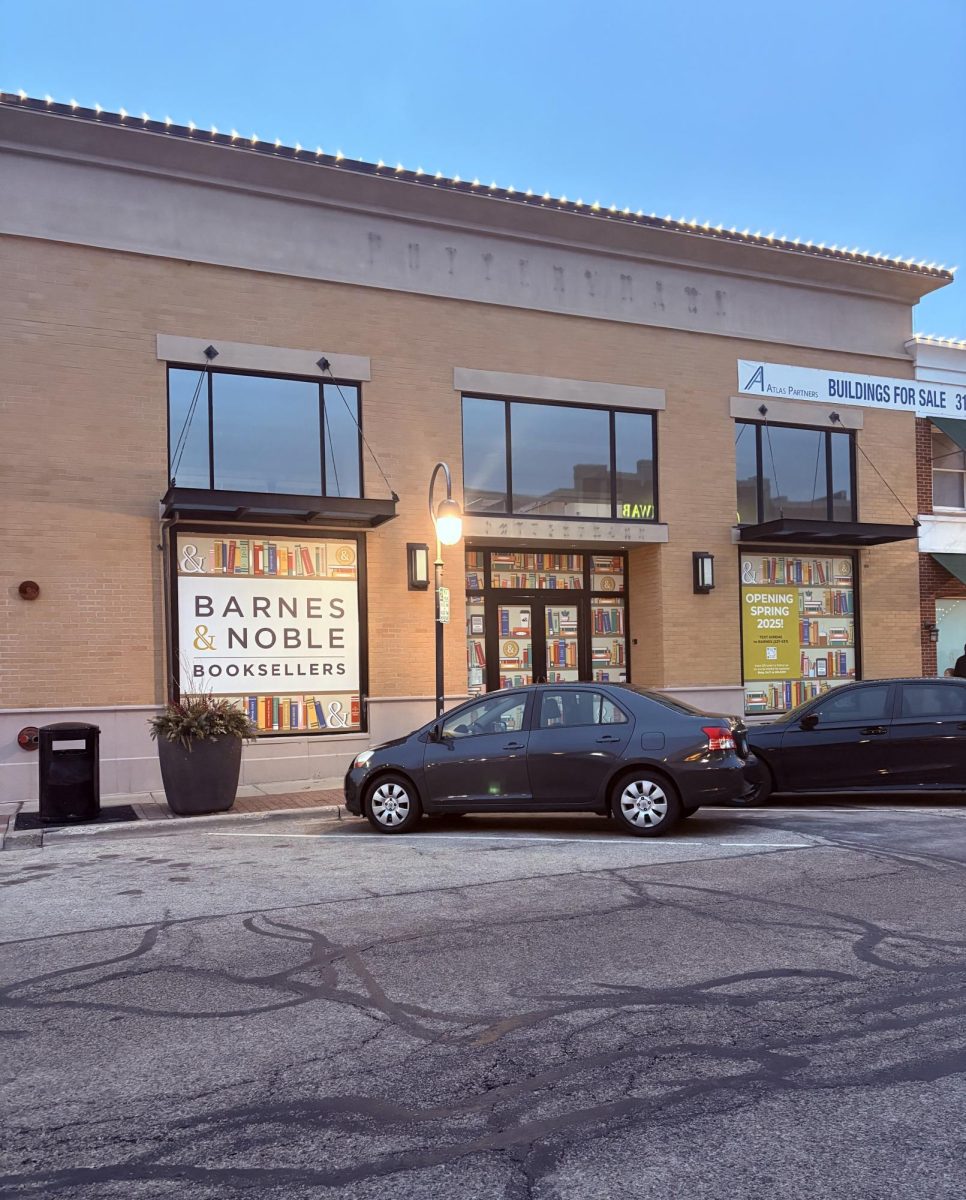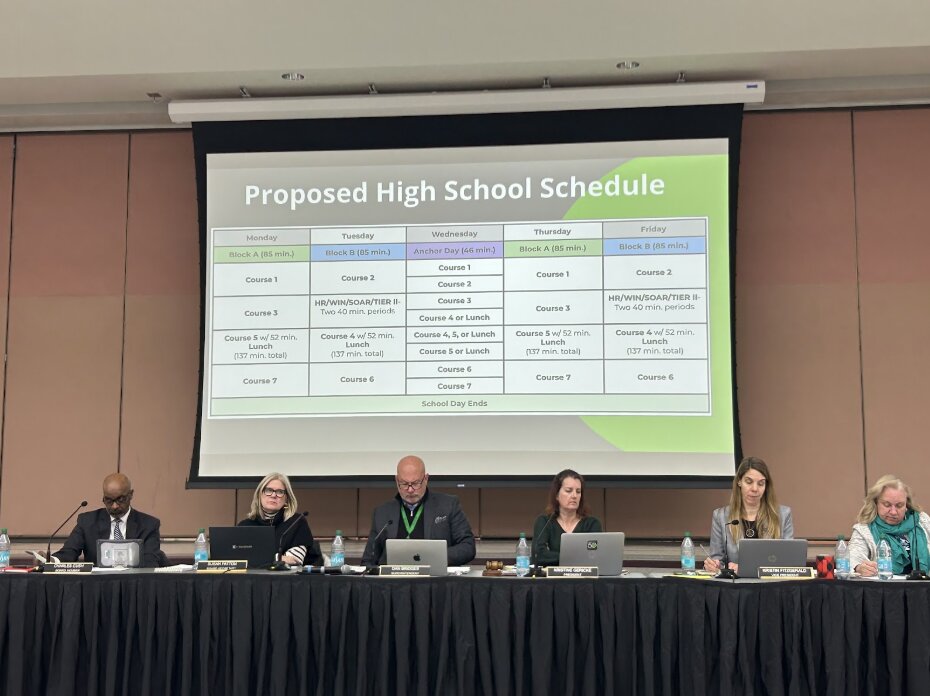Naperville North students are expressing frustration that the FAFSA (Free Application for Federal Student Aid) information only started to reach universities on March 11, delaying the dates students will receive their financial aid packages from universities after an already tumultuous soft-launch in Jan. 2024.
This bottleneck has made college decision making fraught, they say. Senior Kaitlyn Garlough said her college choice has turned into a tiresome waiting game.
“I’m pretty much in between two schools and just waiting for scholarship and FAFSA information,” Garlough said.
The main cause for the delay is the U.S. Department of Education’s decision to amend a mistake in their calculations for how much aid a student will receive that would’ve cost students $1.8 billion in federal student aid. Left unfixed, many lower-income families would not qualify for as much aid as they should. NNHS College and Career Counselor Brian La Porte shared his hopes that students will receive their financial aid packages soon.
“My hope is that by May 1 – at the latest – everyone has their award letters and then can make the best-educated decision so you’re not in a position – unless you’re coming off a waitlist – of ‘I deposited and now I need to go back and deposit somewhere else and I’m losing out on some money’,” La Porte said.
May 1 is often referred to as National College Decision Day since most schools use the date as a final deadline to make their enrollment decision. Due to the delay in the release of FAFSA information, many universities are opting to extend their deadlines. La Porte said colleges want to consider the stress incoming students will have since they are receiving financial aid packages later than usual.
“[Colleges] are absolutely trying to delay as long as possible to give students time to really look at their options, but at the same time, they don’t want to delay so far, because then it impacts them in multiple different ways,” La Porte said.
According to La Porte, the start of the 2024-25 school year won’t be delayed but numerous other events could be, including orientations, course registration and when students find out they’re off the waitlist. The delay could also impact housing availability, as colleges won’t know concrete enrollment numbers until later, especially since there might be more fluidity in decisions because of factors like schools offering scholarships at later dates.
The NACAC (National Association for College Admission Counseling) has compiled a list of over 400 colleges’ enrollment deadlines here. La Porte said he felt sympathy for a graduating class that already faced a difficult, virtual transition from junior high school to high school due to the COVID-19 pandemic.
“[The new FAFSA] just makes this whole process a lot more complicated than it needs to be for a group of students that don’t need any more complications. That’s…the biggest frustration,” La Porte said.

